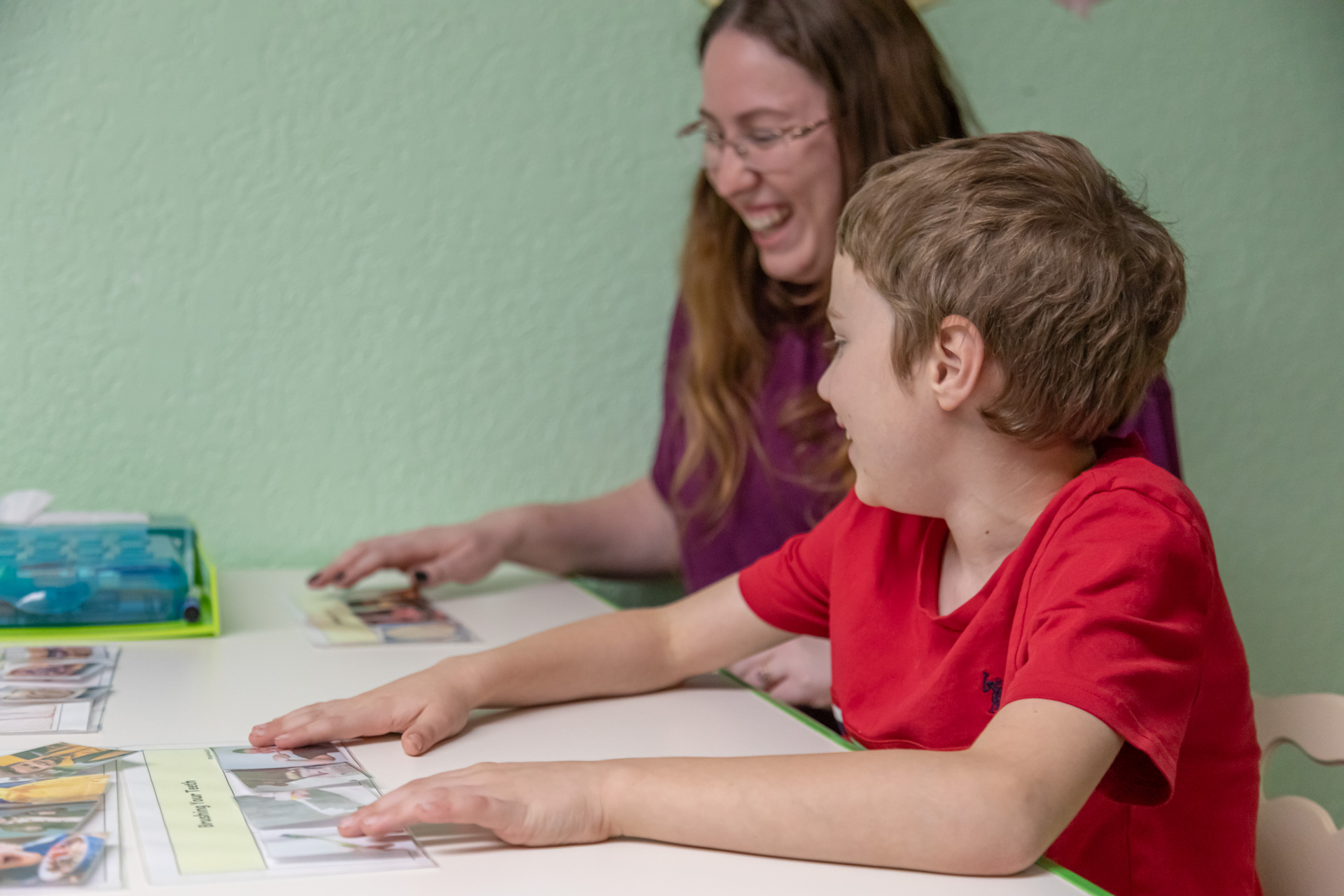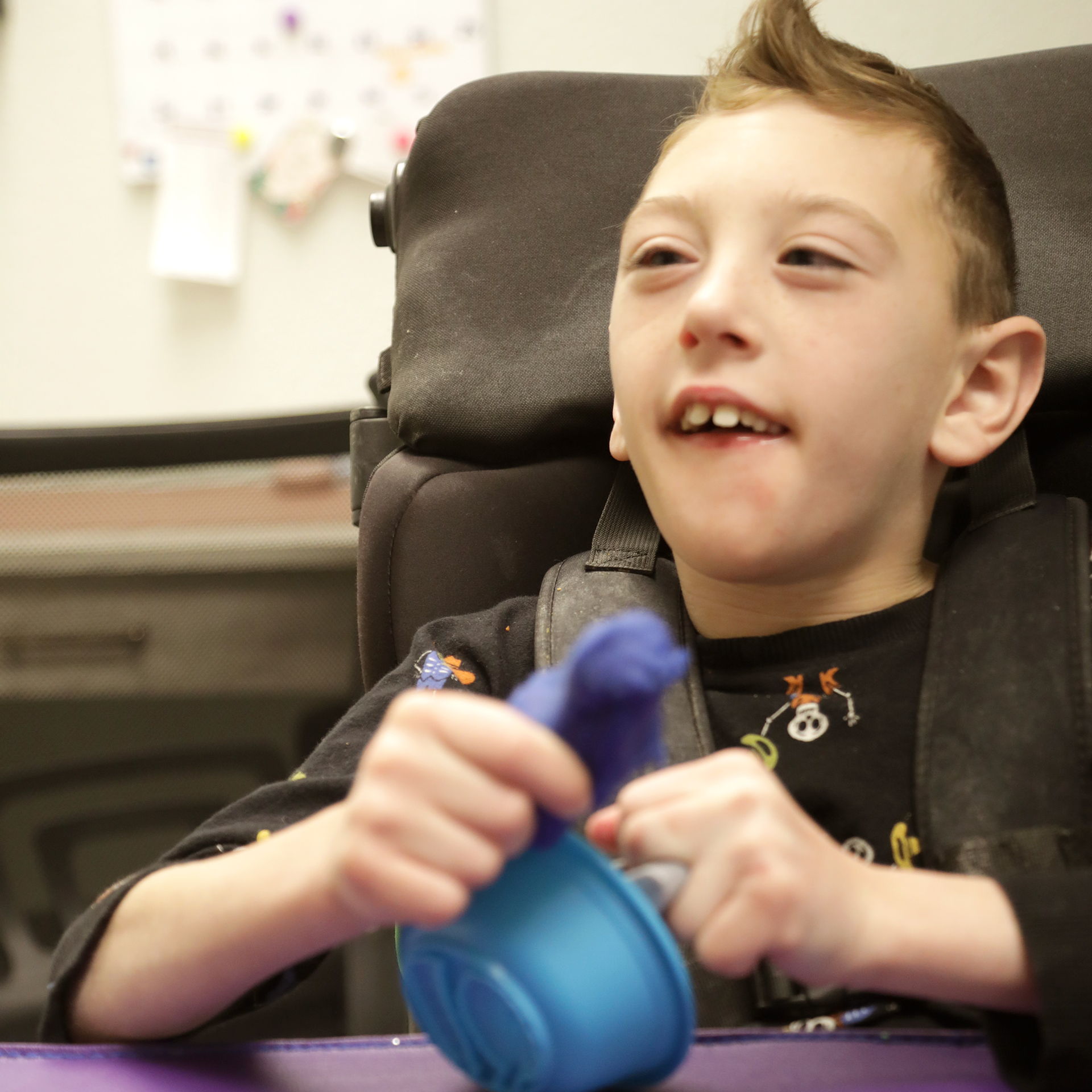The Importance of Family Counseling in Holistic Care


Understanding the Role of Family Counseling in Comprehensive Care
In today’s evolving healthcare landscape, the integration of family counseling within holistic care frameworks has gained recognition for its vital role in fostering emotional, physical, and spiritual well-being. This article explores the multifaceted benefits of family therapy, the principles guiding holistic approaches, and the crucial impact of family involvement in promoting healthier relationships and better health outcomes.
The Core Principles of Holistic Family Therapy

Understanding systemic and multicultural perspectives in family therapy
Holistic family therapy, exemplified by approaches like Systemic Family Therapy (SFT), recognizes that family members are interconnected pieces of a larger social and cultural fabric. This perspective emphasizes that individual behaviors and emotional issues are deeply influenced by family dynamics, societal roles, and cultural backgrounds. Therapists explore these influences to understand how societal issues such as racial unrest, economic hardships, or societal expectations impact family interactions and mental health.
By acknowledging diverse cultural values and social norms, holistic therapy creates space for families to share their unique experiences without judgment. This approach supports cultural competence, ensuring that therapy respects and integrates families’ cultural identity, which is vital for meaningful healing.
Exploring the relational healing process
Relational healing lies at the heart of holistic family therapy. It involves creating a safe space where family members can openly communicate, express feelings, and listen to one another. Therapists facilitate understanding by encouraging multiple perspectives, helping families recognize dysfunctional patterns and roles that may contribute to conflicts.
The process of healing often includes resource emergence—helping families discover their inherent strengths and resilience. Techniques like conflict resolution, effective communication tools, and boundary setting are employed to rebuild trust and foster emotional bonds. This holistic approach’s goal is to transform negative cycles into opportunities for growth, leading to healthier family relationships.
The importance of addressing societal and cultural influences
Societal and cultural influences are central to the holistic model of family therapy. Broader societal issues—such as economic struggles, racial tensions, or the aftermath of societal crises like a pandemic—affect not only individuals but entire family systems.
Holistic therapy recognizes that addressing these influences involves more than individual treatment; it requires understanding the societal context shaping family life. For example, post-pandemic stress can hinder family cohesion and emotional stability. Therapists work with families to develop coping strategies that acknowledge these external pressures while strengthening internal family resources.
By incorporating societal, cultural, and relational contexts, holistic family therapy provides a comprehensive framework for addressing complex challenges—aiming to foster resilience and adaptability within families amidst societal pressures.
The Systemic View of Family as an Interdependent Unit

Understanding the interconnectedness of family members
Family systems are deeply interconnected, meaning each member influences and is influenced by others. This interconnectedness shapes emotional, behavioral, and health outcomes within the family unit. When one member faces challenges such as mental health issues or trauma, it can ripple through relationships, affecting overall family dynamics.
Family members often develop roles and patterns that sustain the family's functioning. These patterns can be supportive or dysfunctional, impacting each individual's well-being. Family therapy works to identify and modify unhealthy patterns, fostering healthier relationships and promoting healing.
Influence of societal, cultural, and economic factors
External societal influences heavily impact family dynamics. Socioeconomic status, cultural norms, and societal unrest—such as post-pandemic stress, racial tensions, or financial hardships—create additional layers of complexity. These factors influence family interactions, communication styles, and individual stress levels.
For example, economic difficulties may increase conflict or limit access to healthcare and social resources. Cultural values shape roles within the family and perceptions of mental health, which can influence help-seeking behavior and acceptance of therapeutic interventions. Understanding these broader influences is essential in addressing family challenges holistically.
Impact on individual mental health and relationships
The family’s systemic nature means individual mental health is intertwined with family dynamics. Dysfunctional roles, communication barriers, or unresolved conflicts can contribute to anxiety, depression, or behavioral issues.
Addressing these issues through family-centered therapy enhances emotional bonds, improves communication, and fosters resilience. By creating a supportive environment, families can better navigate external stressors and promote positive mental health outcomes.
| Aspect | Influence | Example |
|---|---|---|
| Family systems | Interdependent roles shape behavior and health | Conflict patterns affect teen mental health |
| Societal factors | Societal unrest and economic status impact family stability | Financial stress increases tension |
| Cultural influences | Cultural norms influence family roles and help-seeking | Stigma around mental health affects therapy access |
| External stressors | External challenges affect family dynamics | Post-pandemic anxiety affecting relationships |
| Individual outcomes | Mental health linked to family environment | Improved family communication enhances well-being |
Fostering an understanding of these interconnected and external influences is vital for effective holistic family therapy. It emphasizes that healing involves not only the individual but the entire familial and societal system that shapes their experience.
Family-Centered Therapy as a Foundation of Holistic Care

What are the goals and principles of family-centered therapy?
Family-centered therapy focuses on strengthening relationships and improving communication within the family unit. Its core principles include recognizing the family as an interconnected system where each member’s well-being affects the whole. The goal is to foster a supportive environment where honest dialogue, boundary setting, and mutual respect thrive. The approach promotes growth by helping families identify and modify dysfunctional roles and patterns, which supports emotional resilience and stability for all members.
How do family systems influence mental health and healing?
Family dynamics play a crucial role in individual mental health. Relationships, communication styles, and shared roles can either contribute to or alleviate psychological challenges. Therapy highlights how systemic factors—such as conflicts, trust issues, or unbalanced boundaries—impact emotional and behavioral health.
Addressing these systemic issues can lead to meaningful recovery. For example, improving family interactions provides a stable platform for healing trauma, managing stress, or addressing behavioral issues in children and adolescents. A holistic approach considers societal and cultural influences, emphasizing that identities are shaped within relational and systemic contexts.
Techniques used in family therapy like communication skills and boundary setting
Family therapy employs various techniques to foster understanding and change. Active listening exercises and use of 'I' statements help promote open dialogue and reduce blame. Setting healthy boundaries ensures that individual needs are respected within the family structure.
Therapists also guide families in conflict resolution skills—such as managing disagreements constructively and practicing empathy. Mindfulness and emotional validation are tools that deepen connections, helping family members feel heard and supported.
How does a holistic approach improve overall well-being?
A holistic approach considers physical, emotional, social, and spiritual aspects of health. It recognizes that imbalances in any of these areas can affect overall functioning. By integrating traditional therapy with alternative modalities like yoga, mindfulness, or energy healing, holistic counseling aims to promote sustainable healing.
This type of care encourages personal growth and resilience, emphasizing that healing occurs on multiple levels. Therapists collaborate with clients to develop personalized strategies that address root causes, fostering an environment where each aspect of well-being is nurtured.
The role of family counseling in mental health treatment
Family counseling is an essential component of holistic mental health care. It offers a platform where family members can support each other, share perspectives, and participate actively in the healing process. This involvement not only benefits the individual receiving treatment but also creates a more resilient family system.
Through addressing systemic issues and fostering open communication, family therapy reduces relapse rates, improves medication adherence, and enhances quality of life. Moreover, it helps families navigate life challenges like grief, major illnesses, or societal stressors, fostering a collective resilience that benefits entire communities.
| Aspect | Focus Area | Benefits and Techniques |
|---|---|---|
| Goals of Family Therapy | Relationship building, conflict resolution | Improving communication, boundary setting, mutual respect |
| Influence on Mental Health | Dynamics, systemic factors | Trauma healing, behavioral change, emotional support |
| Techniques Used | Communication skills, boundary setting, mindfulness | Active listening, 'I' statements, emotional validation |
| Holistic Well-being | Mind, body, spirit integration | Yoga, meditation, energy healing, personalized strategies |
| Role in Mental Health | Support and systemic change | Reduces relapse, enhances quality of life, crisis support |
Engaging families in their own healing promotes stronger emotional bonds and creates a sustainable environment for mental well-being. Emphasizing systemic health alongside individual therapy results in a more comprehensive, effective healing process.
Addressing Family Patterns and Dynamics in Therapy

How does family therapy support the healing process for children and teens?
Family therapy plays a crucial role in supporting the development and well-being of children and adolescents. It focuses on helping families identify and modify dysfunctional roles and interaction patterns that can contribute to mental health challenges. This approach is especially effective for young members facing issues like anxiety, depression, behavioral problems, or trauma.
By creating a safe and supportive environment, family therapy validates the experiences of teens and reduces associated stigma. It encourages open communication, allowing family members to express their feelings and concerns honestly. Addressing family dynamics, such as triggers for emotional distress, shared responsibilities, conflict, and trust issues, helps identify root causes of various issues.
One significant benefit is the improvement of relationships among family members, fostering emotional resilience and a sense of belonging. The therapy promotes growth and learning for the entire family, emphasizing collective healing rather than focusing solely on the individual child or teen. This holistic method nurtures positive interactions, fosters mutual understanding, and helps young people develop healthier coping skills.
What mechanisms support strong family relationships?
Several strategies and mechanisms underpin the formation of strong family bonds through therapy. Central to these are fostering open and honest communication, which allows family members to share feelings and ideas without fear of judgment.
Identifying and addressing recurring dysfunctional patterns through systemic thinking helps families understand how their interactions influence behavior. Skill-building activities teach conflict resolution, active listening, and setting healthy boundaries, all of which contribute to more harmonious relationships.
Creating an environment of emotional support and vulnerability encourages trust and mutual understanding. Respecting individual well-being by promoting self-care and celebrating achievements reinforces positive family culture and resilience. Techniques such as using 'I' statements foster better dialogue, while mindful presence practices deepen empathy.
Ultimately, these mechanisms cultivate trust, understanding, and cooperation, helping families navigate challenges more effectively. Developing such supportive dynamics ensures lasting relationship health and promotes a nurturing family environment.
Healthcare Settings and Practical Applications of Family Counseling

How does family engagement improve mental health treatment?
Engaging families in mental health treatment can significantly boost recovery outcomes. It often results in fewer relapses, longer periods between episodes of illness, and a reduction in hospital readmissions. Family involvement provides a vital emotional support system, practical assistance, and transitional help after treatment completion.
It also encourages better medication adherence and ongoing communication with healthcare providers. Family members can observe subtle changes in patient behavior, offering valuable insights that help optimize ongoing care. Additionally, education and open dialogue foster a collaborative environment, which enhances motivation and resilience.
However, challenges like privacy concerns and stigma can hinder participation. Primary care settings are particularly suitable for family engagement because they are accessible, build trust, and reduce stigma. Providers can introduce psychoeducation, address family needs, and facilitate assessments effectively in these environments.
Overall, incorporating family into treatment plans creates a resilient, informed support network that is crucial for long-term mental health recovery.
Embracing Family in the Holistic Healing Journey
Incorporating family counseling as a core component of holistic care recognizes the interconnected and systemic nature of health and well-being. By strengthening familial bonds, addressing relational and systemic issues, and fostering open communication, family therapy supports emotional, physical, and spiritual healing. When families are actively involved in the healing process, they serve as vital partners in promoting resilience, improving health outcomes, and creating supportive environments that nurture lifelong well-being. As healthcare continues to evolve, integrating family-centered approaches will remain essential in achieving comprehensive, compassionate, and sustainable care for all.
References
- The Holistic Benefits of Family Therapy | Psychology Today
- Embracing Family Therapy: A Holistic Approach to Mental Wellness
- The Role Of Family In Holistic Patient Care - EHealth Community
- Family Support - A Holistic Approach - Bethany Children's
- Healthy Family Dynamics- The Role of Therapy
- A Systems-Based Approach to Holistic Healing
- Family Relationship Therapy - Nourished Wellness Group
- Unveiling the Power of Family Counseling for Teens
Recent articles

What to Expect at Your First Therapy Session
Discover what your child’s first therapy session looks like, from rapport building to goal setting, and how families can feel confident starting care.

Celebrating Small Wins: How Therapy Helps Kids Build Confidence All Year Long
Learn why small wins in therapy matter, how they boost your child’s confidence, and simple ways families can celebrate progress all year long.

Empowering Missoula Children to Grow With Confidence and Connection
Learn how ABA therapy in Missoula helps children build communication, independence, and confidence through personalized, family‑centered support at Advanced Therapy Clinic.

Compassionate Pediatric Therapy in Butte, Montana
A welcoming place where every child’s potential is celebrated

How Pediatric Therapy Helps Kids Thrive across Montana and Wyoming
A supportive guide for families exploring therapy options in Billings, Butte, Missoula or Sheridan.

How to Choose the Right Pediatric Therapy Clinic in Billings, Montana
A Parent‑Friendly Guide To Finding The Best Support For Your Child

